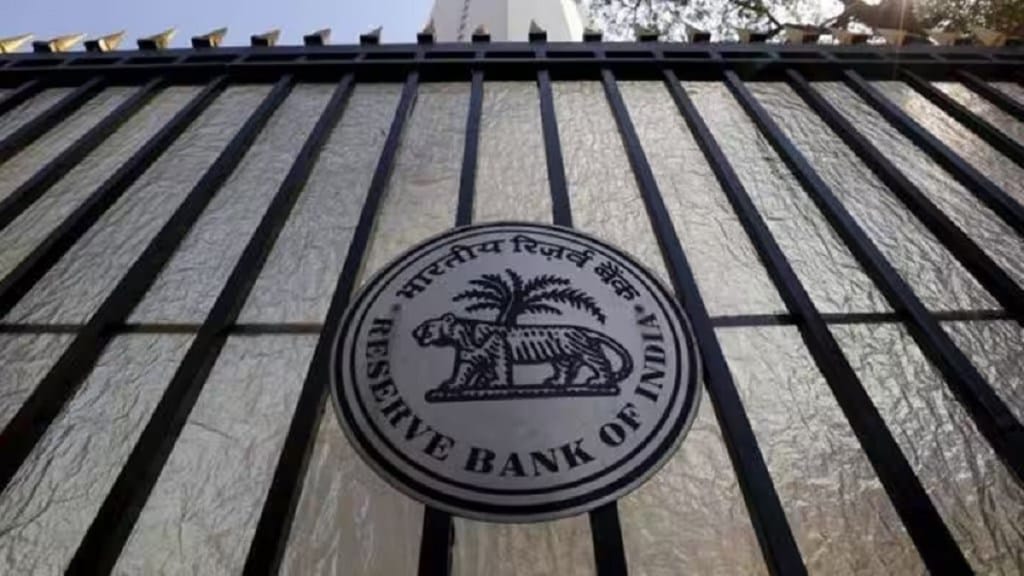By Ramki Gaddipati
Micro, Small, and Medium Enterprises (MSMEs) account for a staggering 30% of our GDP and access to credit is crucial for them. However, traditional lending often views small businesses as high-risk borrowers. This leads to stringent credit requirements involving copious paperwork, long waiting times, and opaque decision-making – a conundrum that has not yet been solved.
The Reserve Bank Innovation Hub (RBIH) has announced its Unified Lending Interface (ULI) — a platform that will allow lenders easy access to authenticated data through standardized APIs, ultimately enabling borrowers to secure credit easily.
ULI will be a successor to the RBIH’s Public Tech Platform for Frictionless Credit (PTPFC). While PTPFC powered five loan journeys and was linked to 31 data sources, ULI is expected to integrate with more data sources and power a wider range of credit products.
For lenders, ULI will enable personalized credit products and help unlock new-to-credit and underserved customer segments.
How ULI will remove barriers to credit access
At its core, ULI is a digital public infrastructure (DPI) that will enable frictionless access to credit for borrowers. It will remove roadblocks to credit access through:
Diverse data sources: In small businesses, cash payments make up around 30% of business transactions. Formal lenders address only $289 billion out of the sector’s $1.9 trillion credit gap. As a result, MSMEs often fail to generate the credit history needed for risk assessment.
ULI will tap into data from several sources like land record departments, credit information companies, the goods and services tax network (GSTN), DigiLocker, Aadhaar, milk cooperatives, satellite data, and more. Such rich, verified, and diverse traditional and alternative data sets will allow lenders to holistically and accurately analyze risk profiles.
As a result, banks and other lending ecosystem players might recognize MSMEs as untapped opportunities instead of risky propositions.
Shorter processing times: Through digitized data, standardized APIs, and built-in digital KYC and eSign, ULI can help cut down the time taken for loan application and risk assessment. Entrepreneurs can apply for business loans using their smartphones and provide the necessary documentation digitally.
Data security at scale: The use of vast standardized data sets containing sensitive information at scale would lead to data privacy challenges. Therefore, strict privacy protocols and clear consent mechanisms are central to the platform’s design.
ULI is expected to leverage the consent architecture that underlies DPI to fortify its data protection measures. Borrowers will have complete control over and visibility into the use of their data.
How ULI can spur innovation in digital lending
The MSME opportunity could catalyze the development of more flexible, tailored lending products. For example, lenders can design policies to allocate weights to data sets relevant to each business for more accurate risk assessment. Or, a seasonal business might access a flexible line of credit, while a growing manufacturer could secure a long-term expansion loan easily.
Lenders may introduce risk-based pricing and customized repayment plans. This would also help lenders fulfil their moral responsibility to protect consumers from loan stacking and falling into a debt trap.
A Synergistic Proposition for Lenders & Borrowers
By automating credit checks and risk assessments, ULI could significantly reduce operational costs and increase volumes for lenders. This efficiency could translate into more competitive interest rates for borrowers. Moreover, ULI has the potential to turn rural and semi-urban areas, long underserved by traditional banking, into viable lending markets.
The ripple effects for small businesses could be transformative for India’s economy – when MSMEs have the capital they need to grow, they create more jobs and contribute more to the national GDP.
Conclusion
The ULI initiative promises to democratize credit access and innovate lending practices. However, its success hinges on collaboration among stakeholders – policymakers, financial institutions, technology providers, and MSMEs. By prioritizing data security and ethical lending practices, ULI can create an ecosystem that empowers small businesses, ensuring they have the resources necessary to thrive and contribute meaningfully to India’s economic growth.
Ramki Gaddipati is the CEO APAC & Global CTO of Zeta. Views expressed are personal. Reproducing this content without permission is prohibited.

